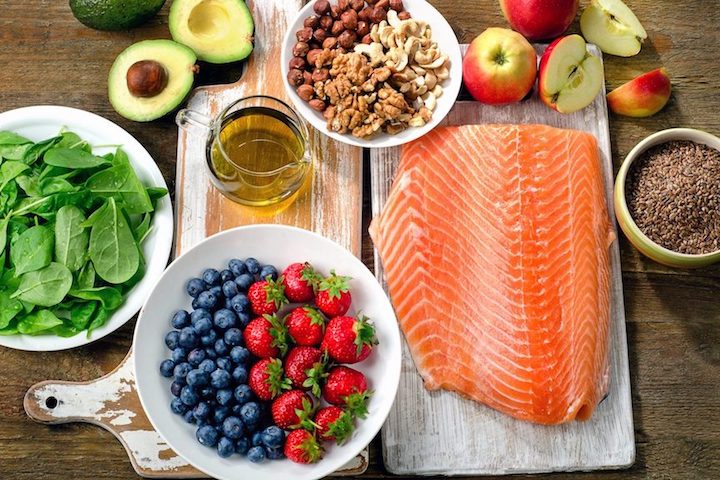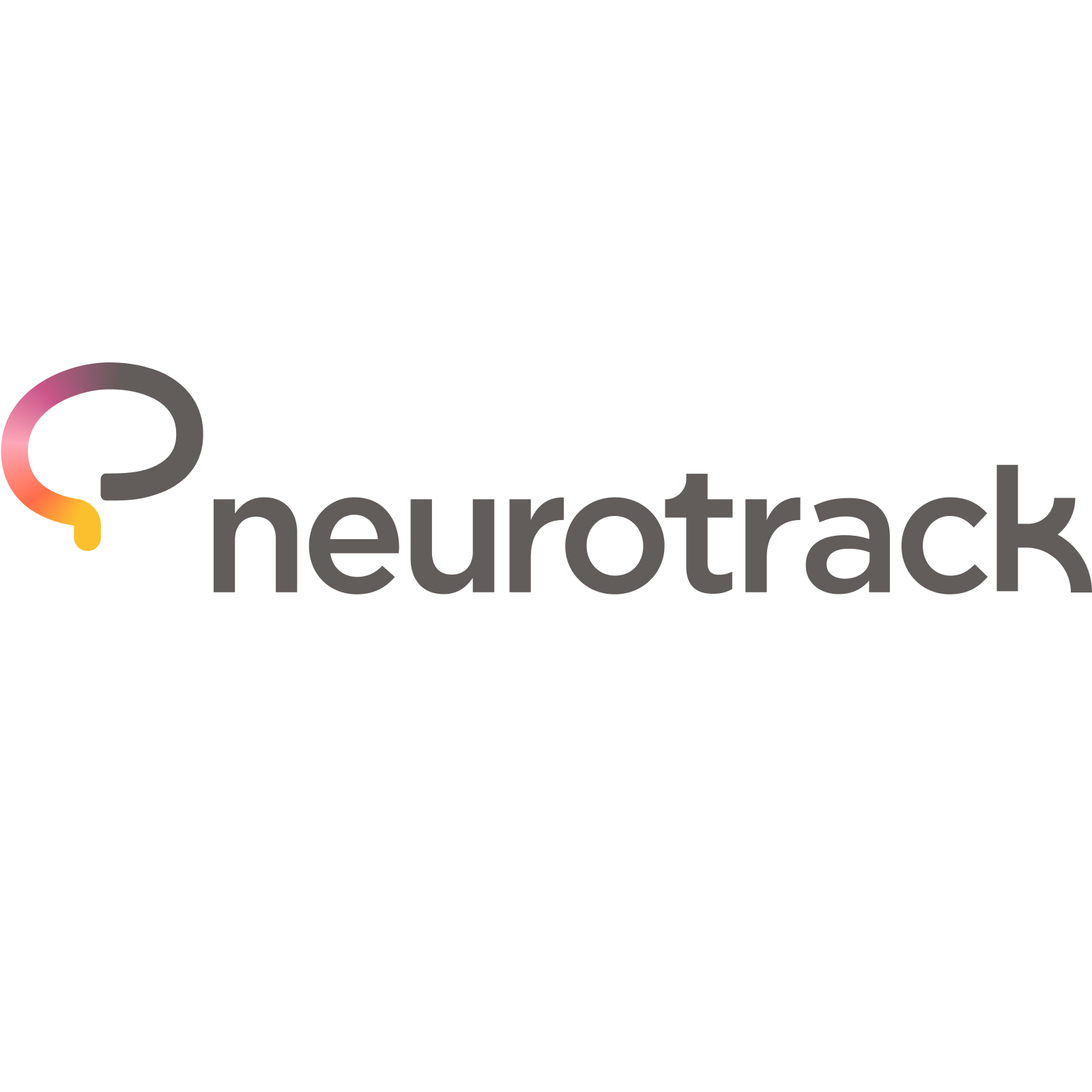Eat for Brain Health
Eating healthy is a smart choice. The MIND diet is an easy plan that helps protect the brain from dementia. It mixes two well-known eating styles (Mediterranean and DASH). The idea is simple: eat more of the “healthy” foods and less of the “unhealthy” foods. No calorie counting or hard rules.
This diet uses everyday foods: berries, nuts, olive oil, whole grains, beans, fresh salads and other vegetables, fish, and poultry. These foods give helpful nutrients—folate, omega-3 fats, vitamin E, flavonoids, and carotenoids. These nutrients lower inflammation, protect the brain, and help you think clearly.
Why try the MIND diet?
People who followed it closely were 53% less likely to develop Alzheimer’s disease than those who did not.
Even following it pretty well (not perfectly) was linked to a 35% lower risk.
Research shows it may slow the buildup of amyloid and tau proteins in the brain. These are linked to Alzheimer’s. In autopsy studies, experts found people who followed the MIND had fewer plaques and tangles. This was also true in people who had no symptoms.
This diet also helps lower high blood pressure, cholesterol, and obesity in midlife, which protects your brain.
You can get started today. Keep meals simple. Build your plate with vegetables, beans or whole grains, and a healthy fat like olive oil. Add fish or poultry sometimes. Enjoy berries often.
Your simple shopping list:
- Berries (frozen is fine)
- Nuts
- Extra-virgin olive oil
- Whole grains (brown rice, whole-wheat pasta, oats)
- Beans
- Leafy greens
- Other vegetables
- Fish
- Poultry
- Red wine (optional: if you already drink alcohol, choose a small glass of red; if you do not drink, do not start)
With these foods at home, you’ll be able to make brain-healthy meals—and enjoy the benefits.
References:
- Fekete M, Varga P, Zoltan Ungvari, et al. The role of the Mediterranean diet in reducing the risk of cognitive impairment, dementia, and Alzheimer’s disease: a meta-analysis. GeroScience. Published online January 11, 2025. https://doi.org/10.1007/s11357-024-01488-3
- Baker LD, Espeland MA, Whitmer RA, et al. Structured vs Self-Guided Multidomain Lifestyle Interventions for Global Cognitive Function: The US POINTER Randomized Clinical Trial. JAMA. 2025;334(8):681–691. https://doi.org/10.1001/jama.2025.12923
- National Institute on Aging. What Do We Know About Diet and Prevention of Alzheimer’s Disease? National Institute on Aging. Published November 20, 2023. https://www.nia.nih.gov/health/alzheimers-and-dementia/what-do-we-know-about-diet-and-prevention-alzheimers-disease
- Gong Y, Chen H, Gu Y, et al. Healthy dietary patterns in relation to cognitive performance and Alzheimer’s disease mortality. The Journal of Prevention of Alzheimer’s Disease. Published online March 6, 2025:100100. https://doi.org/10.1016/j.tjpad.2025.100100
- Soest van, Beers S, van, C.P.G.M L. The MIND diet for the ageing brain: a systematic review. Advances in Nutrition. 2024;15(3):100184-100184. https://doi.org/10.1016/j.advnut.2024.100184
- Li J, Capuano AW, Agarwal P, et al. The MIND diet, brain transcriptomic alterations, and dementia. Alzheimer's & Dementia. Published online August 11, 2024. https://doi.org/10.1002/alz.14062


